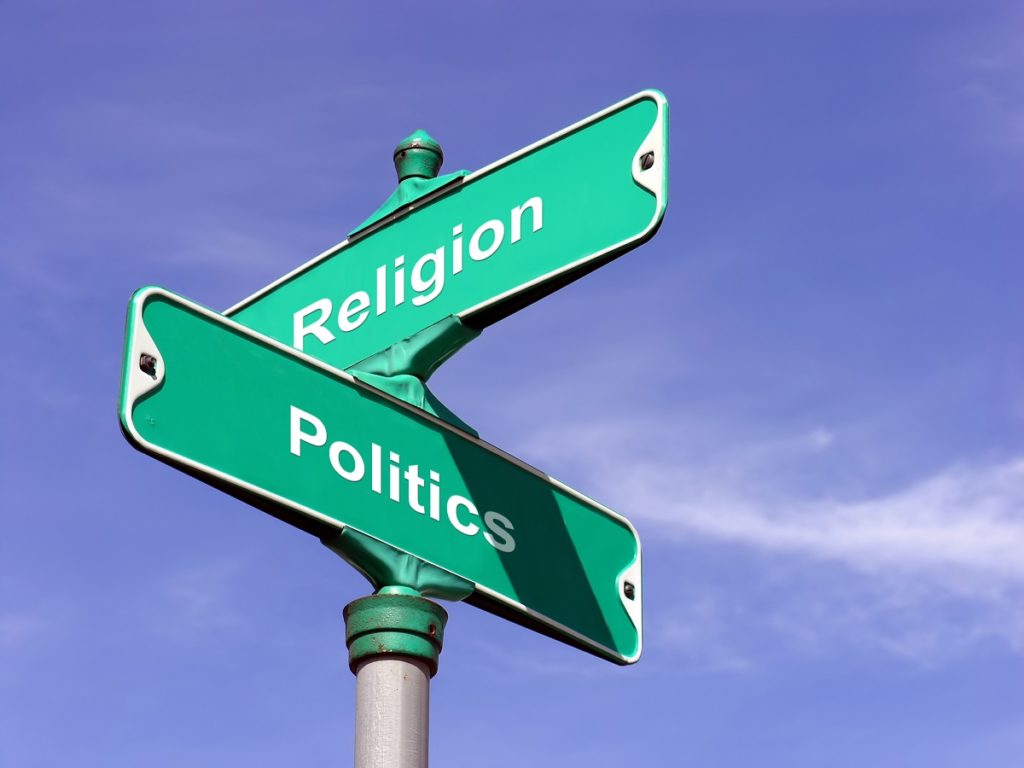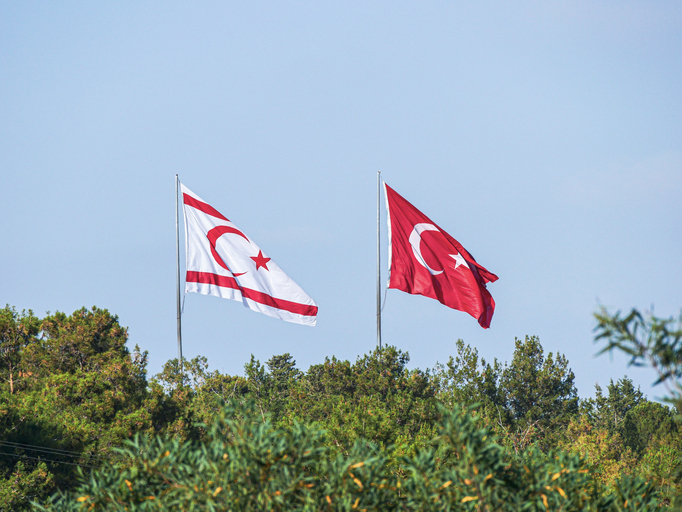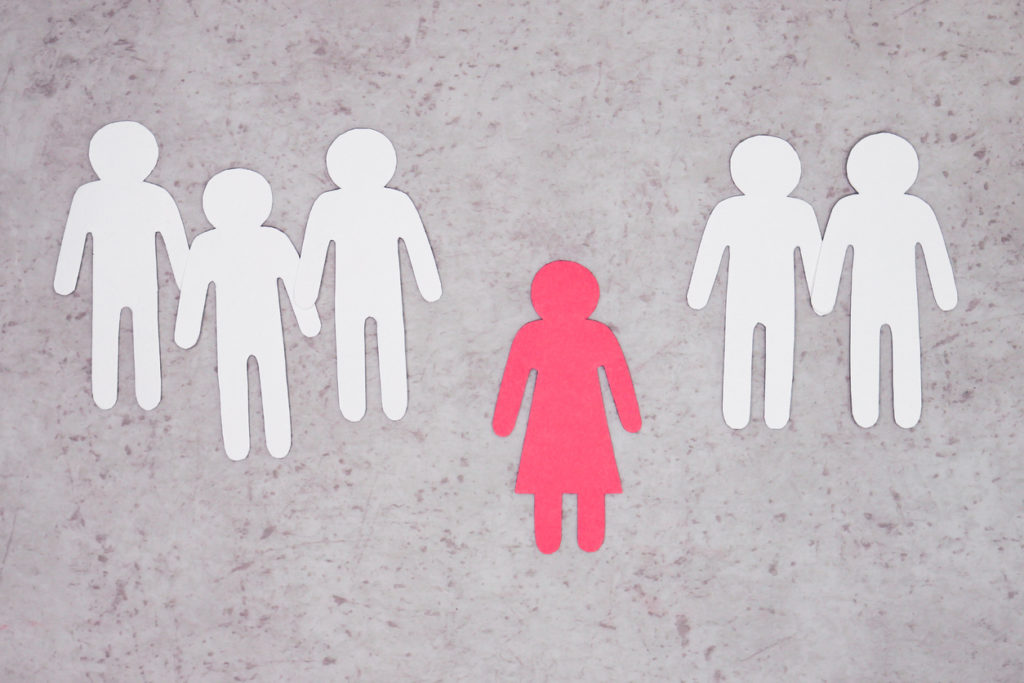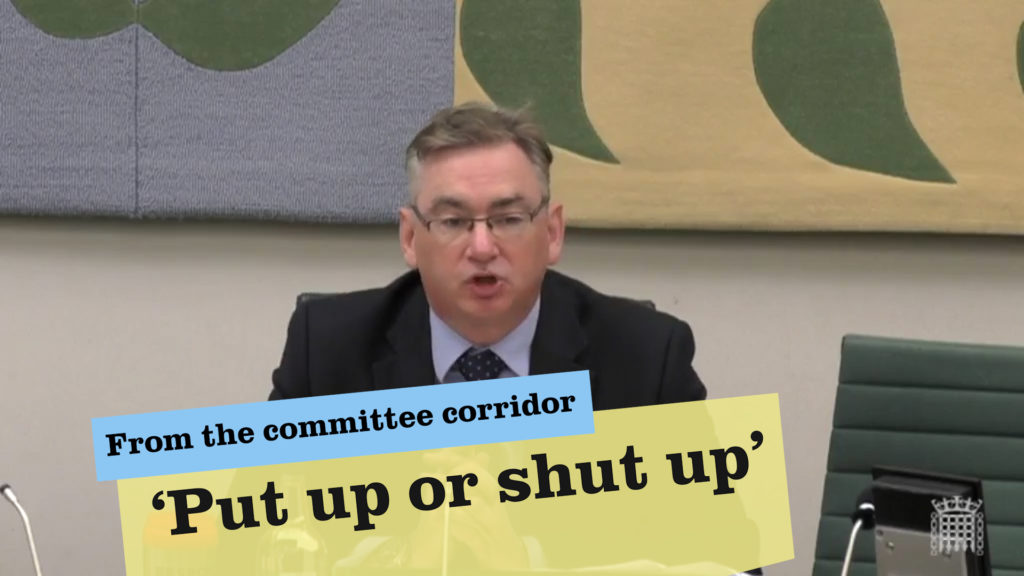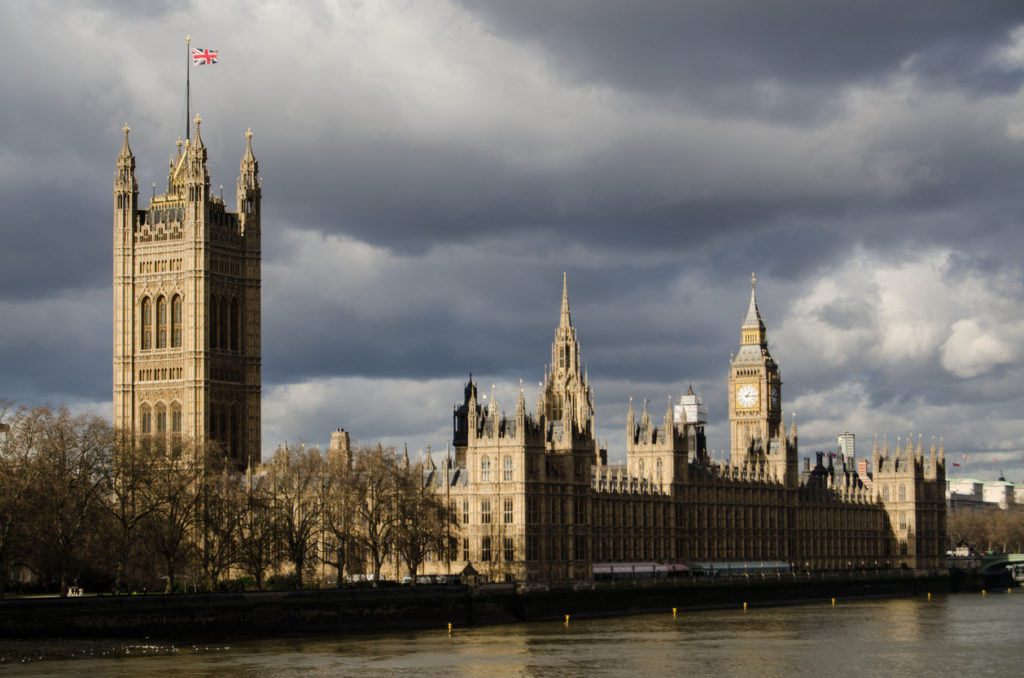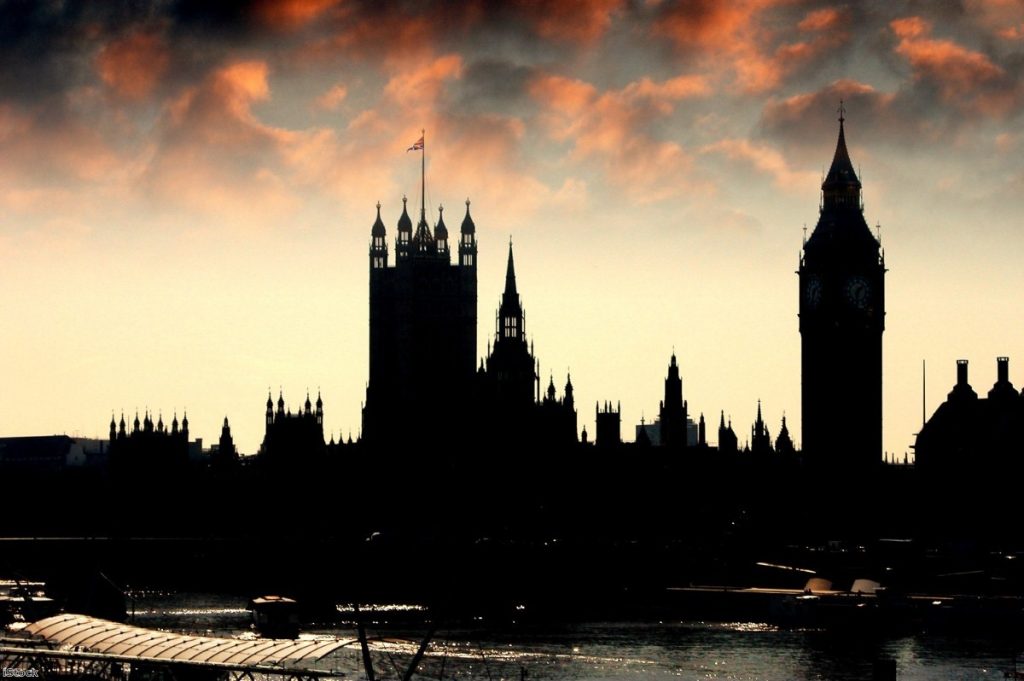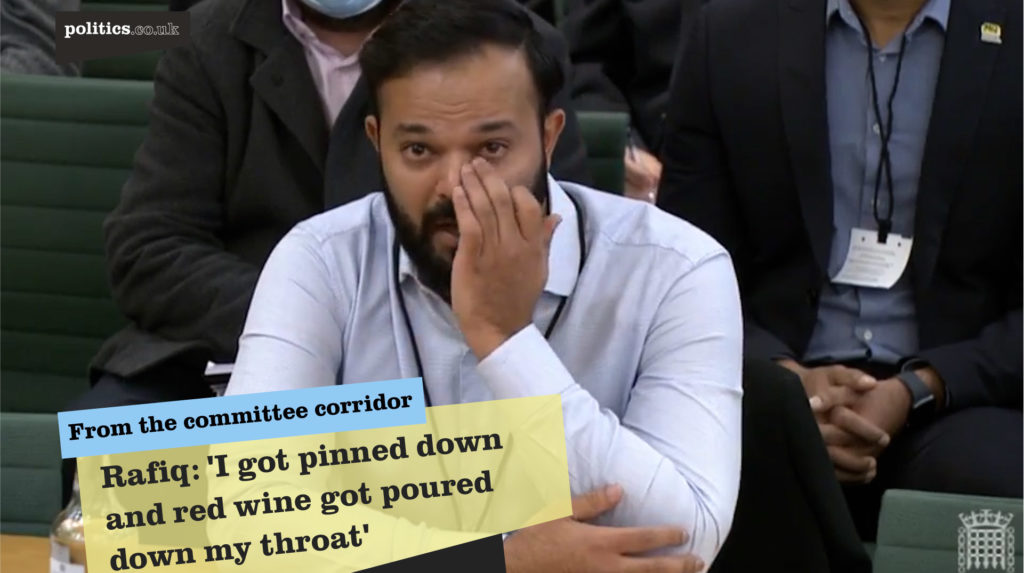What is ?
is the expression of , aversion or towards the fueled by negative or narrow views of Islam.
is variously manifested in social exclusion, , or violence. is seen as placing unfounded barriers on the ‘s participation in society, while compromising their fundamental rights and freedoms.
It has been said that incidences of Islamophobia have increased in severity following the rise in terrorist attacks in the early part of the twenty-first century.
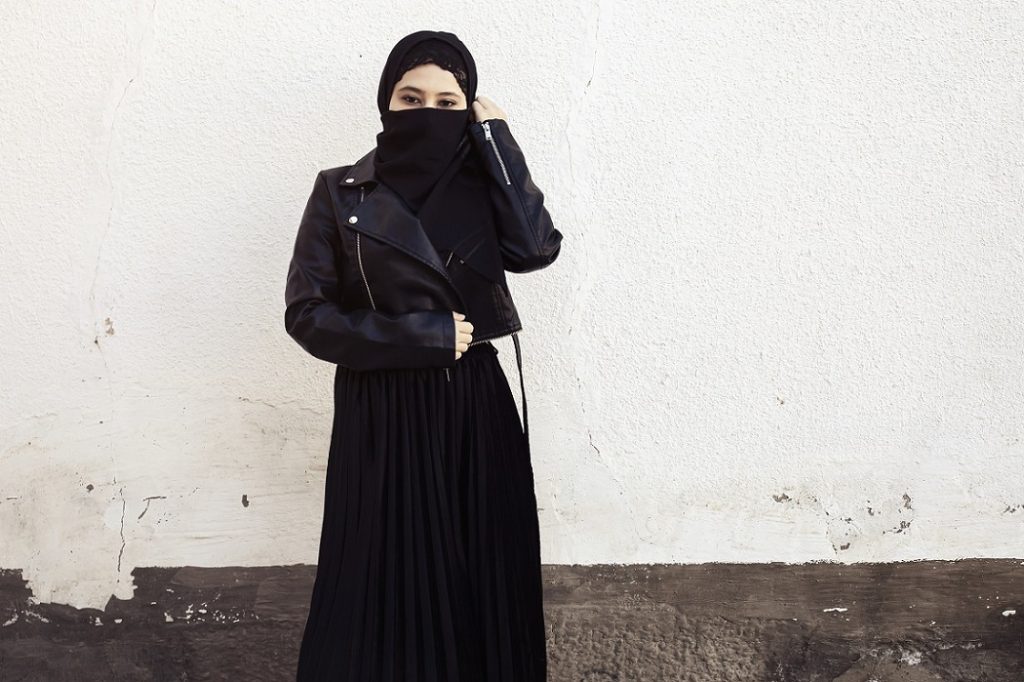
ONS data suggests Muslim women are less likely to find employment than other groups.
Curtailed liberties and
In 1997, the Commission on British Muslims and published a paper outlining the consequence of throughout UK society. Their report highlighted the necessity of dismantling perceptions of religions as “alien harmful monoliths”, while drawing attention to dangerous forces of anti- .


A poll conducted by the polling organisation, Gallop, across majority- countries reveals the prevailing belief that Muslims in Western states are not treated as equal citizens.
Within Europe, Muslims are subject to disproportionate airport security checks. In 2013, the Equality and Commission found that Asian people are 11 times more likely to be stopped and questioned at British airports than their white counterparts.
The Commission of British Muslims and pointed to the importance of drafting legislation that protects against both racial and . It argues that the term ‘racial violence’, alone, is no longer sufficient.
In October 2020, the Home Office published data showing that over 50% of the UK’s religious hate crimes had been targeted towards Muslims in the preceding year. Likewise, the Metropolitan Police Service recorded 1,665 Islamophobic offences in London between 2017-18.
In recent years vandalism is said to have increased on mosques and buildings. In 2017, an extremist attacker was jailed for launching a petrol bomb attack at Edinburgh Central .
in everyday life.
Online and Media
Over the past two decades, social media has played a decisive role in enforcing Islamophobic attitudes. According to the Awareness Month website, between 2016-17 some 143,920 UK-based tweets were identified as having anti-Islamic content. This is the equivalent of 393 tweets each day.
Several mainstream newspapers have come under fire for publishing what have been characterised as derogatory anti- headlines, which are said to normalise negative when referring to members of the .
A 2019 study by the Council of Britain analysed 11,000 UK media articles before concluding that UK coverage of Muslims was predominately negative. The Mail on Sunday was found to have the most negative coverage, with 78% of its -based stories containing negative themes, compared to the industry average, itself of 59%.
Schools
Increased cultural diversity has resulted in growing numbers of in the UK’s education system. By 2021, there were an estimated 300,000 Muslim teenagers in UK schools.
Within schools, Muslim students are said to face higher rates of verbal and physical abuse, with problems said to typically increase after t Both Childline and the NSPCC reported a jump in calls reporting bullying and racial abuse in the two weeks after both the Manchester bombing and Westminster Bridge atrocities in 2017.
Workplace
In 2014, research using data from the Office for National Statistics found that men were up to 76% less likely to find UK employment compared to white, male British Christians of the same age and carrying the same qualifications. women were 65% less likely. This figure gives weight to the belief of women that wearing a hijab limits their career prospects in .
According to studies by the Islamic Awareness Month, CVs with names are three times more likely to be rejected than English-sounding names, based on their perceived .
in Politics
In 2020, a spokesperson from the Council of Britain commented: “ is prevalent across British society, but when it is within political parties who are our representatives and who decide on policy, it is all the more dangerous.”
In March 2020, the Council of Britain published a review warning of a systemic problem of in the Conservative Party. Recent YouGov polls have revealed 57% of Conservative Party Members have a negative view of Muslims, while 47% believe that Islam is a threat to British life.
In 2020, Professor Swaran Singh was appointed to lead an internal Conservative Party review into allegations of against Muslims. In May 2021, his report stated that the party’s complaints system was in need of overhaul.
Boris Johnson has himself come under fire for a number of comments that he made about the Community during his earlier years as a newspaper columnist. Referring to the 2005 London bombings, Johnson wrote in the Spectator that the “problem is Islam”, whilst in 2018 he was heavily criticised for likening women wearing the burqa to ‘letterboxes’, a comment for which he has subsequently apologised. Boris Johnson has since been keen to point out that his own great grandfather was a from Turkey.
Allegations of islamophobia are not limited to the Conservative Party. A report published by Labour Muslim Network revealed that 37% of Muslims see Islamophobia in the Labour Party, and that 59% said that they did not feel represented by the Party. Responding to these allegations, Labour Leader Sir Keir Starmer said “Islamophobia has no place in our party or society and we are committed to rooting it out.” Polls conducted by the Labour Muslim Network found that 55% of participants did not trust the leadership of the Labour Party to tackle the problem effectively.
Quotes
Sayeeda Warsi, former chairwoman of the Conservative Party, warns that the Party has a “serious and deep problem” of . (2019)
“The Labour Party must commit to a zero-tolerance of and rebuild confidence with its members.”- Afzal Khan, Labour MP and Shadow Deputy Leader of the House of Commons (2019)
Statistics
55 per cent of British voters currently think “there is a fundamental clash between Islam and the values of British society” (YouGov, 2015)
Of the total police recorded hate crimes in 2017/18, 76% were recorded as race hate crimes and 9% were recorded as religious hate crimes. (House of Lords Research Briefing, 2018)
50% of women wearing the hijab feel that they have missed out on progression opportunities because of religious discrimination and that the wearing of the hijab had been a factor. (MEND, 2017)









